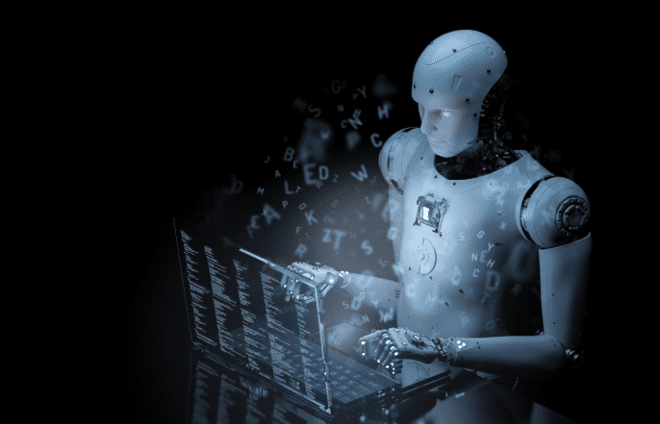The world is continually embracing, advancing, and creating new technology. Digital technologies have made our lives more secure and fulfilling in many ways. But there’s a downside to that. With the increasing proliferation and expansion of technology come increased cybersecurity threats. That’s why cybersecurity has become such a critical component of everyday business. Businesses must have cybersecurity professionals in various roles, taking on the responsibility of protecting companies from emerging and existing cybersecurity threats. These include malware, drive-by downloads, breaches, distributed denial of service attacks (DDoS), ransomware, and more. From information security analysts to Chief Information Security officers, here are five pivotal roles IT professionals can perform in today’s digital world.
Software Developer
There are many different roles in the IT world, covering everything from creating software to overseeing infrastructure technology installation to cybersecurity. All of them are critical in their own ways. But a software developer is one of the most vital roles in any organization. Software developers create and modify computer programs. They plan, write the code, and guide how the programs operate and work within the larger infrastructure. They must understand what a user needs and create programs to meet those needs. They’ll also look for glitches or bugs and recommend fixes. This includes identifying security holes or other issues that might relate back to cyber security. They’ll create reference documentation as well so anyone can use the program regardless of their role within the organization. Software developers are vital to the success of any company and are a great place to get started in the world of cyber security and IT technology.
Security Administrator
One of the most critical roles in cybersecurity today is a security administrator maintains secure networks by monitoring access control systems (like firewalls or intrusion detection/prevention systems). Security administrators install and oversee many of the security precautions a company employs. They’ll configure security policies on servers, manage network devices, and ensure only those with authorized access to sensitive data can touch it. Part of their role might also include monitoring system logs for suspicious activity and troubleshooting issues related to computer security software. Security administrators have a more all-encompassing and comprehensive role over entire systems instead of individual components. That makes their job extremely critical to the success of any organization and ensuring its cybersecurity protocols are being handled appropriately.
Information Security Analyst
Information security analysts work in conjunction with security administrators to oversee cybersecurity practices at a company. According to the Bureau of Labor statistics, information security analysts plan and carry out the various security messages a company requires to stay safe. They evaluate existing IT infrastructure assets and identify potential weaknesses before attackers can exploit them. They spend a great deal of time researching trends and developing plans to prevent future attacks. In addition to that, they prepare comprehensive reports and document various cybersecurity threats. If an attempted attack occurs, the information analyst will report that, monitor the situation, and try to mitigate any damage. They can also recommend security enhancements to senior staff and help maintain software, firewalls, data encryption programs, and other protocols that ensure heavily reinforced IT infrastructure.
CISO
Chief Information Security Officers—a relatively new role in larger organizations—have executive-level responsibility for managing organizational risk and cybersecurity. They might be tasked with identifying internal negligence, identifying external hacking attempts, replacing outdated hardware or software, and developing plans to assist the rest of the team with implementing cybersecurity protocols. They must be able to lead effectively and work alongside their teams in a knowledgeable and professional manner. A CISO must also possess the knowledge to understand complex problems and aid their teams by sharing that knowledge. Whether it’s creating a cybersecurity plan, minimizing risk, or identifying trends in the upcoming year, using comprehensive CISO resources to develop a plan is necessary to make cybersecurity a top priority at any company today.
Machine Learning Engineer
Another relatively new technology role, a machine learning engineer is somebody who specializes in developing algorithms that enable computers to learn patterns and behavior based on larger data sets. This is otherwise known as machine learning, which is the power source behind most artificial intelligence tools you see today. A machine learning engineer might manually input data into a system using particular programming languages or they can automate the entire procedure using web crawling programs to scan the internet for days. Either way, it’s a complex and deeply nuanced role that requires extensive knowledge. Machine learning engineers are part of the data science and analytical part of an organization. As such, they work with the larger data science team to develop communication and procedures involving artificial intelligence and machine learning. They are also largely responsible for designing the algorithms that make AI work. A role in machine learning is an exciting opportunity for any new technology professional and will become even more important in the future.




































